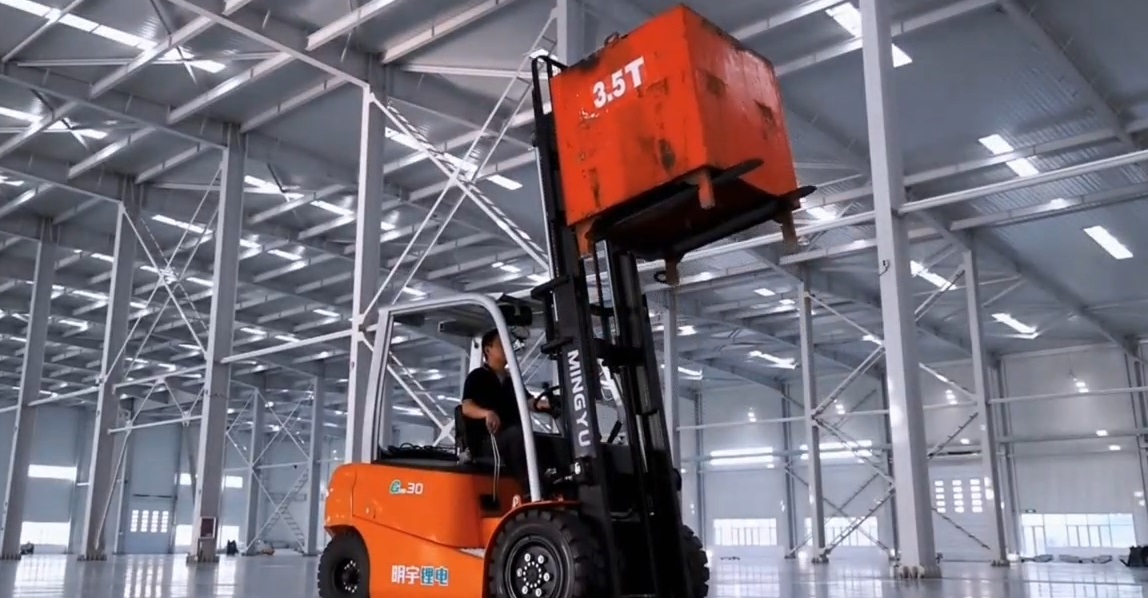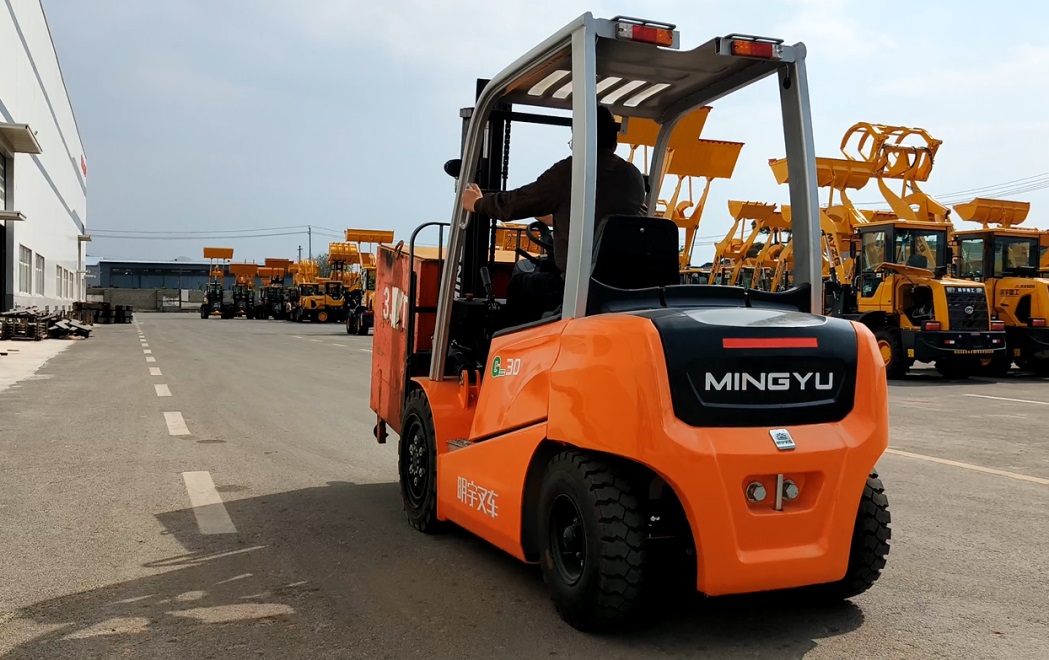Introduction
Forklifts, the workhorses of warehouses and factories, have come a long way since their invention in the early 20th century. Initially powered by internal combustion engines, these machines have evolved significantly, with electric forklifts emerging as a dominant force in the material handling industry.
The shift from gas-powered to electric-powered forklifts has been driven by a growing awareness of environmental concerns, rising fuel costs, and advancements in battery technology. Electric forklifts offer numerous advantages over their traditional counterparts, making them an increasingly popular choice for businesses worldwide.

Understanding Electric Forklifts
Electric forklifts operate on a relatively simple principle. They are powered by rechargeable batteries that supply energy to an electric motor. This motor, in turn, drives the forklift's wheels and hydraulic systems, enabling it to lift, lower, and transport heavy loads.
Several types of electric forklifts are available to cater to diverse operational needs:
- Counterbalance Forklifts: These are the most common type, offering excellent maneuverability and lifting capacity.
- Reach Trucks: Designed for narrow aisle storage, reach trucks can access pallets at various heights.
- Order Pickers: Used for picking items from shelves at different levels, order pickers improve efficiency in warehouse operations.
- Narrow Aisle Forklifts: Ideal for high-density storage, these forklifts can operate in extremely narrow aisles.
The performance and longevity of an electric forklift largely depend on its battery technology. Two primary battery types dominate the market:
- Lead-Acid Batteries: Traditional and widely used, lead-acid batteries offer a reliable and cost-effective solution. However, they require regular maintenance and have a shorter lifespan compared to newer technologies.
- Lithium-ion Batteries: These advanced batteries offer several advantages, including longer lifespan, faster charging times, and higher energy density. They are becoming increasingly popular due to their superior performance and environmental friendliness.
Advantages of Electric Forklifts
Electric forklifts offer a multitude of benefits that contribute to their growing popularity:
-
Environmental Benefits:
- Zero emissions: Electric forklifts produce no harmful greenhouse gases or air pollutants.
- Reduced noise pollution: They operate significantly quieter than gas-powered forklifts, improving working conditions.
- Cost-Effectiveness:
- Lower operating costs: Electricity is generally cheaper than fuel, and electric forklifts have fewer moving parts, reducing maintenance costs.
- Reduced maintenance requirements: Regular maintenance is simpler and less frequent.

-
Improved Safety:
- Enhanced operator comfort: Electric forklifts provide a smoother and quieter ride, reducing operator fatigue.
- Advanced safety features: Many electric forklifts are equipped with automatic braking systems, load capacity indicators, and other safety features.
-
Increased Productivity:
- Improved maneuverability: Electric forklifts are often more agile and easier to maneuver, especially in tight spaces.
- Higher uptime: Reduced downtime for refueling and maintenance leads to increased productivity.
Challenges and Considerations
While electric forklifts offer numerous advantages, there are some challenges to consider:
- Battery Charging Infrastructure: Adequate charging infrastructure is essential to ensure uninterrupted operations.
- Battery Life and Replacement Costs: Battery life varies depending on usage patterns and maintenance. Replacement costs can be significant.
- Range Limitations: Battery capacity limits the operating range of electric forklifts.
- Initial Purchase Cost: Electric forklifts often have a higher initial purchase cost compared to gas-powered models.
Future Trends in Electric Forklift Technology
The future of electric forklifts is promising, with several exciting trends emerging:
- Autonomous Forklifts: Self-driving forklifts powered by advanced sensors and AI can improve efficiency and safety.
- Artificial Intelligence and Machine Learning: AI can optimize operations, predict maintenance needs, and enhance overall performance.
- Advanced Battery Technologies: Continued advancements in battery technology will lead to longer lifespans, faster charging times, and increased energy density.
- Hydrogen Fuel Cell Technology: Hydrogen fuel cell-powered forklifts offer a potential solution for longer operating ranges and faster refueling times.
Electric forklifts have revolutionized the material handling industry, offering a sustainable, efficient, and cost-effective solution. By understanding their advantages, challenges, and future trends, businesses can make informed decisions to optimize their operations. As technology continues to advance, electric forklifts are poised to play an even more significant role in shaping the future of logistics and supply chain management.
Post time:Nov.19.2024
